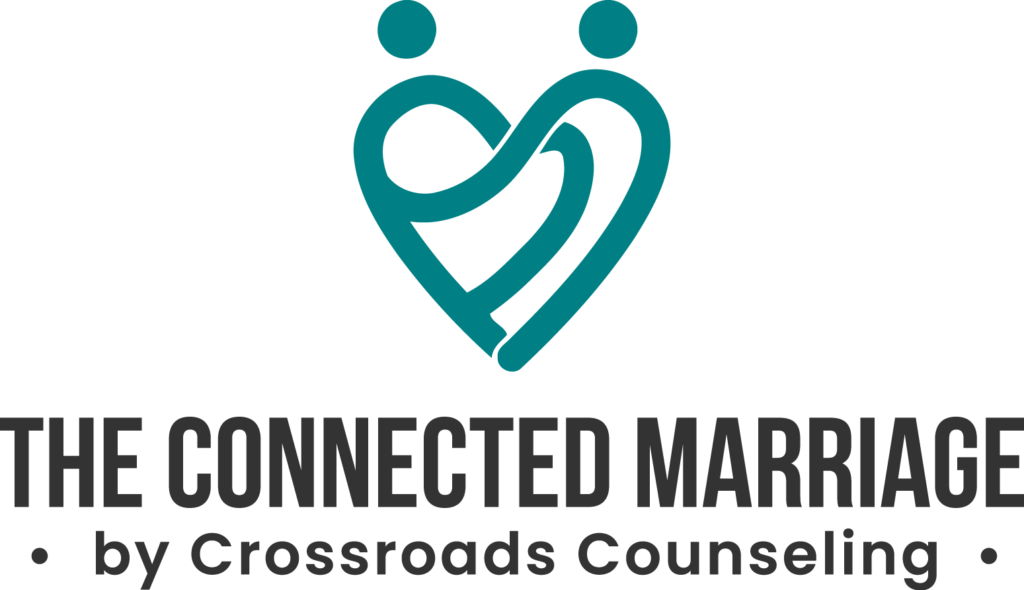What Does It Mean to Commit Emotional Infidelity?
What Does It Mean to Commit Emotional Infidelity?
When most people think of infidelity, the physical aspect comes to mind. Cheating is a terrible thing that can instantly sever the trust in a relationship and leave the spouse who was cheated on feeling anxious, depressed, or even as though they have no value.
However, physical infidelity isn’t the only type of cheating that can occur in a relationship.
Emotional infidelity is often just as damaging, trust-breaking, and devastating. It might even feel worse in some cases, since there is more than just a physical connection with another person.
But what is emotional infidelity? What does it look like, and what can you do if it happens in your relationship?
What Is Emotional Infidelity
While physical cheating is fairly self-explanatory, emotional infidelity can feel more complicated.
It occurs when one person in a relationship forms a deep, emotional, intimate connection with someone outside the relationship. On the surface, that might not sound like a bad thing. That’s why emotional infidelity is sometimes hard to “spot.”
However, there’s a big difference between close friendships and this type of cheating. Close friendships can be emotional and intimate without any romantic feelings getting in the way.
Emotional infidelity requires those romantic feelings to come into play. At the very least, there needs to be some kind of romantic attraction or sexual tension involved.
Examples of Emotional Infidelity
Because that “fine line” between friendship and emotional cheating can be difficult to decipher, it’s important to understand some common examples of emotional infidelity to be aware of any potential red flags that might pop up in your marriage.
Obviously, this isn’t an all-inclusive list. However, a few popular examples include:
- Lying about your closeness with someone
- Sending frequent or inappropriate text messages or emails
- Sharing important moments or big news with someone else before your spouse
- Saying negative things about your spouse to someone else
It’s not uncommon for close friendships that start off innocently to develop into something more. That can include friendships that have existed for years, work relationships, or new people coming into your life and piquing your interest.
Can You Overcome Emotional Cheating?
Whether your marriage can move past emotional infidelity depends on both partners.
The person who was cheated on needs to be willing to forgive, but that doesn’t mean they will forget right away. When trust is broken, it takes a long time to build back up. That person needs to want the relationship to succeed and work hard to learn to trust again.
However, the real work is in the hands of the spouse who was involved in the emotional infidelity.
If you want your marriage to continue, the emotional cheating needs to stop immediately. You need to take responsibility for what happened, and figure out why you strayed away from your spouse in that way.
From there, it will often feel like an uphill battle to build strong communication and trust. It’s not impossible, but don’t expect things to go back to normal overnight. You should expect some setbacks along the way, simply because it will be hard for your spouse to “let go” of what happened.
If both of you are committed to your marriage, you might benefit from a christian marriage intensive designed to identify root causes/issues, rebuild trust, increase vulnerability, and deepen intimacy.
Getting help from Christian marriage therapist can help you in the healing process. Traditional counseling where you meet once a week or twice a month is often not enough. A Christian marriage intensive over the course of 2, 3, or 4 days can help you move through the recovery process much faster.
There’s no getting around the fact that emotional infidelity is crushing to a marriage. However, it doesn’t have to be the end. It can actually provide an opportunity for God to breathe new life into the relationship. Don’t hesitate to reach out if you’re looking for help.
Our offices throughout the Valley of the Sun including Phoenix, Anthem, Biltmore, Paradise Valley, and Scottsdale.
Contact us by calling 623-680-3486, texting 623-688-5115, or emailing info@crossroadsfcc.com and mention your interest in a Christian marriage intensive.
Couples from out of Arizona are welcome to attend one of our intensives.
To learn more about Crossroads Counseling and our CARE program please click here.


